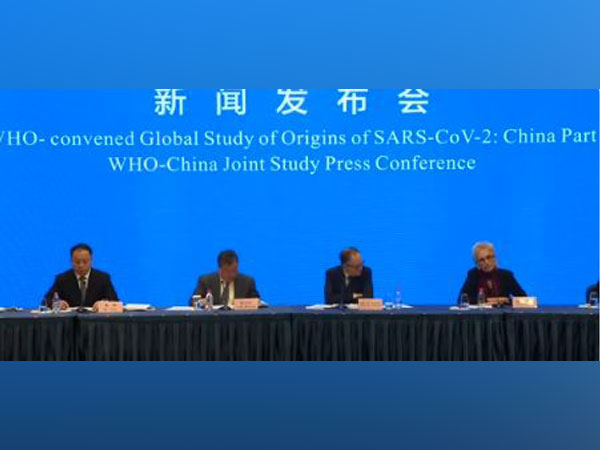Japanese WHO expert voices skepticism on China's theory 'virus intruded' into Beijing from abroad
A Japanese expert from the World Health Organization (WHO), who visited Wuhan as part of the investigative team to look into the origins of COVID-19, has voiced skepticism on China's stance that the virus had originally entered the country from abroad through a cold chain.

- Country:
- Japan
A Japanese expert from the World Health Organization (WHO), who visited Wuhan as part of the investigative team to look into the origins of COVID-19, has voiced skepticism on China's stance that the virus had originally entered the country from abroad through a cold chain. Speaking in an interview with Kyodo News, Ken Maeda, a veterinary microbiologist at Japan's National Institute of Infectious Diseases, emphasised the need for an additional investigation into key places in Wuhan.
"The possibility is not so high" that the virus entered Wuhan on frozen-food packages as China claims, said Maeda. He further said that there was a "perception gap" between the WHO group and its Chinese counterparts.
"We still have a lot of things we want to know and there remain many challenges," the WHO expert added. Weeks after a team of WHO experts launched a probe into the origin of the COVID-19 in Wuhan, the global health body had said that there is no evidence of coronavirus circulation in any animal species in China.
During a press conference, Peter Ben Embarek, the head of the WHO mission in Wuhan, stated four hypotheses on how the virus spread but reiterated that "laboratory incident hypothesis is extremely unlikely to explain the introduction of the virus into the human population". "It has not been possible to pinpoint any animal species as a potential reservoir for this disease, and they indicate that currently and also back in 2019 it does not look like there was the circulation of the virus in any animal species in the country," he said.
He further said that "four main hypotheses or groups of hypotheses" have been identified on how the COVID-19 virus might have introduced among humans. "Our initial findings suggest that introduction through an intermediary host species is the most likely passway and one that will require more studies and more specific targeted research ... The findings suggest that a laboratory incident hypothesis is extremely unlikely to explain the introduction of the virus into the human population," the WHO expert said.
Speaking on the virus got leaked from Wuhan's institute of virology, Embarek said, "We also looked at Wuhan's institute of virology ... the laboratory and the state of the laboratory, and it was very unlikely that anything could escape from such a place. We also know that lab incidents are, of course, extremely rare." (ANI)
(This story has not been edited by Devdiscourse staff and is auto-generated from a syndicated feed.)
ALSO READ
Japan to expand Russia-bound export ban to li-ion batteries, industrial items
US, Philippines, Japan to tackle South China Sea incidents in trilateral summit, says Manila official
US, Philippines, Japan to tackle South China Sea incidents in trilateral summit, says Manila official
US, Philippines, Japan to tackle South China Sea row in summit
Cooperation with South Korea, Philippines important for regional security, says Japan's Kishida










